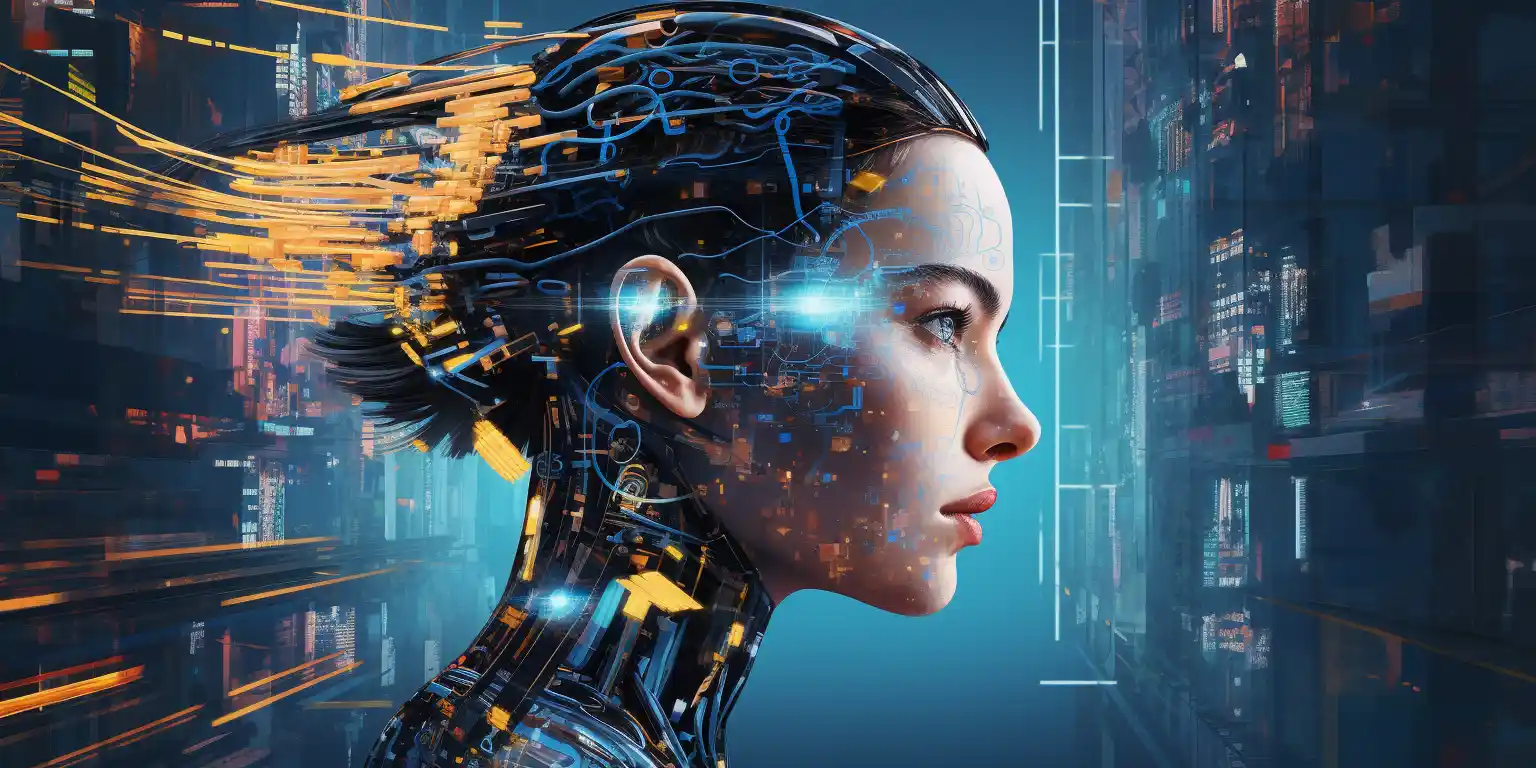Imagine a world where artificial intelligence surpasses human intelligence, not in a distant future but within the next half-decade. The pace at which AI is advancing has even the experts like Geoffrey Hinton rethinking their predictions. Let’s dive into this intriguing development and its implications.
➜ The Legacy of Geoffrey Hinton
Geoffrey Hinton, frequently referred to as the “Godfather of AI,” has been a significant voice in the AI community, especially after his recent departure from Google. His mastery and popularization of “backpropagation” have been foundational for deep learning technologies, the pillars of modern generative AI models. His monumental contributions earned him the Turing Award, the computer science equivalent of the Nobel Prize. His insights and predictions have often shaped the direction of AI research and development.
➜ The Accelerating Timeline of AI’s Potential
Previously, Hinton believed that AI surpassing human intelligence was a distant 50-60 years away. However, his perspective shifted dramatically, suggesting that this milestone might be achieved in as little as five years. This prediction is even bolder than that of Ray Kurzweil, Google Engineering’s head, who forecasted that by 2029, machines would match human intelligence. Kurzweil also projected that by 2045, AI would reach the “Singularity,” a point where human intelligence would merge with machine intelligence, amplifying it exponentially. The implications of such a future are vast, from how we work, communicate, and even perceive our existence.
➜ AI’s Current Capabilities and Future Consciousness
In a revealing 60 Minutes interview, Hinton emphasized that leading AI models, like those from OpenAI and Google, already exhibit genuine intelligence and reasoning. He even suggested that these models might have experiences akin to human ones. While he doesn’t see them as conscious entities now, he believes that AI systems might eventually attain consciousness. The philosophical and ethical questions surrounding AI consciousness are profound. If machines gain consciousness, how will we define rights, responsibilities, and the essence of being?
➜ The Impending AI Growth Spurt
Hinton’s vision for the next five years is that AI models might “reason better than humans.” This growth phase for AI is akin to a child’s rapid development phase, where every interaction shapes their understanding. With China planning to boost its computing power by 50% by 2025, the race to develop and train more extensive and more advanced AI models is intensifying. The geopolitical implications of this race are significant, with nations vying for dominance in the AI arena.
➜ The Next Wave of Large Language Models
The human brain boasts about 100 trillion neural connections. In comparison, the most advanced AI systems today have around 1 trillion parameters. Yet, the efficiency of AI’s learning and knowledge retention seems to surpass human capabilities. Reports suggest that the next generation of LLMs could be 5 to 20 times more advanced than the current GPT-4 models. These advancements could revolutionize sectors from energy to medicine. The potential applications of such advanced models could reshape industries, from healthcare diagnostics to creative arts.
➜ The Governance Hurdle
The rapid technological strides in AI are exhilarating but also pose challenges for global governance. The European Union is leading the charge with its AI Act, but there are concerns about its potential impact on smaller firms. The possibility of fragmented AI regulations across countries could hinder innovation and pose challenges for businesses operating internationally. The balance between fostering innovation and ensuring ethical use is a tightrope that regulators must walk.
➜ The G7’s Role in AI Regulation
The G7 nations are reportedly working towards establishing international AI regulations. Earlier, they agreed to set up working groups focused on AI governance, IP rights, and responsible use. However, the absence of China and several EU countries raises questions about the effectiveness of any G7 agreement. The global consensus on AI regulation is crucial to ensure a level playing field and avoid potential conflicts.
➜ The Ethical Crossroads
Reflecting on the current trajectory of AI, Hinton believes that humanity is at a pivotal juncture. Decisions made now could shape the future of AI’s ethical use and its impact on society. The moral and societal implications of AI’s rapid growth are vast. From job displacement to potential biases in decision-making, the challenges are as immense as the opportunities.
➜ The Need for Global Cooperation
The rapid advancements in AI underscore the urgent need for global governance. Collaborative efforts between governments, businesses, and civil society are crucial to ensure AI’s ethical and sustainable development. The international community must come together to chart a path that maximizes the benefits of AI while minimizing its potential risks.
As AI continues its meteoric rise, surpassing even the expectations of its creators, the stakes have never been higher. The choices we make now could determine the trajectory of AI and its coexistence with humanity. It’s a thrilling yet daunting era, and platforms like NeuralWit are at the forefront of these discussions.


